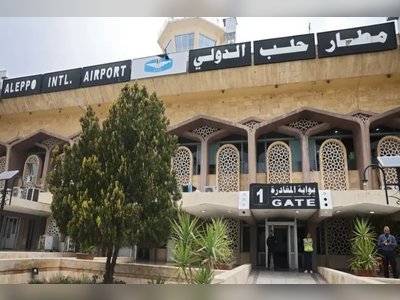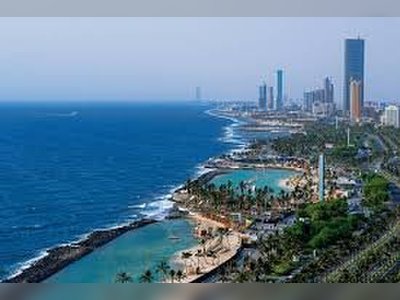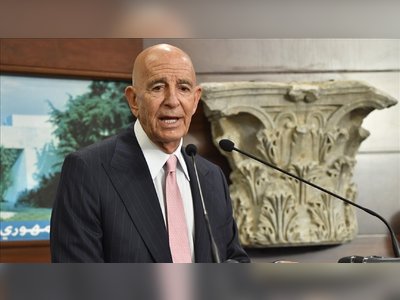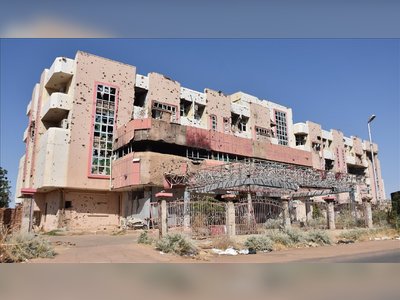
The morning after: Qatar wakes up to post World Cup life
The Qatar World Cup came to a spectacular end on Sunday.
It was 12 years in the making. It came and went in the space of 28 days, taking with it the crowds, the raucous chanting on the streets, and all the buzz.
On the morning after, Qatar woke up to the realisation that the World Cup was over.
The alleys of the popular Souq Waqif in the capital, Doha, were a mere shadow of themselves that were filled with Brazilians, Argentinians, Moroccans and fans of dozens of other participating nations.
“I felt a great sadness when I came into work this morning to see this place so empty,” Ahmed Salam, a shopkeeper at a clothing store in the Souq, told Al Jazeera. “There was so much liveliness in this area. We had almost no time to sit or take a break … but the atmosphere was incredible.”
Salam, who is from India, said he wished a major tournament like the FIFA World Cup would take place “every year” in the country.
“The only place outside of India I have been to is Qatar. It was great to have a chance to meet people from around the world.”
Qatar was expected to receive more than 1.2 million visitors during the tournament. While the exact figures are yet to be announced, it was a huge number for a country with a population of just 2.7 million.
Elsewhere, across Doha, workers were seen taking down World Cup branding and flags and removing barriers enacted around the metro stations. Qatar is officially in anti-climax mode.
Inside the stations, the crowds were visibly less, with no sense of urgency for people to rush, push or shove their way through in a desperate attempt to make it to one of 64 matches, or the dozens of concerts that took place.
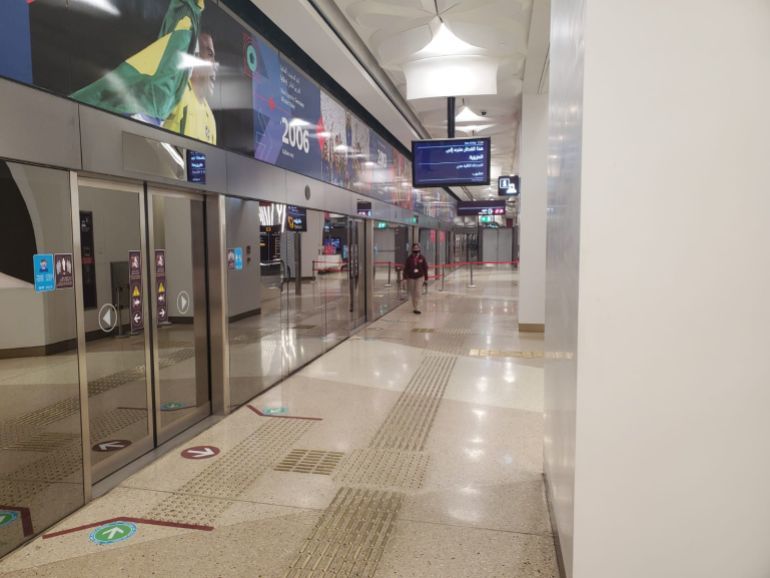 The underground railroad system was widely used by residents and visitors during the World Cup
The underground railroad system was widely used by residents and visitors during the World Cup The Le Albiceleste defeated France in dramatic fashion on Sunday to win the tournament for the third time in their history. So the fans were rightly soaking it in.
Qatar resident and British citizen Mimi Mohammed said she still felt “overwhelmed” by the events of the past four weeks and “how privileged” people in Qatar were to be part of it all.
“It was truly inspiring,” the 38-year-old said.
Before the World Cup, Greek resident Zoi Zygelopoulou, 45, manager of a restaurant in Doha, said many people were wondering how Qatar would manage to host the massive sporting event.
Adding to the pressure was the Western media coverage which often hurled question marks over the country and its ability to host the World Cup. But as the weeks went on, all the tourists that Zygelopoulou met at her restaurant said they were pleasantly surprised.
“They told me that this was one of the best World Cups that ever happened. They didn’t expect it, because they didn’t know [much] about Qatar. They were terrified before due to the media, but when they came here, they were so happy,” Zygelopoulou said.
Feeling ‘low’
Yamina Usman from Pakistan said while winter in the city was always “festive”, she had already started to feel the post-World Cup blues before the final on Sunday even kicked off.
“I had already started to feel a bit low. Like this is it, it’s all ending,” the 39-year-old told Al Jazeera.
“To cope, we decided that since the kids still have holidays, we will continue our activities outdoors, meet people, go out to all the different places we had visited during the World Cup. It still won’t be the same.”
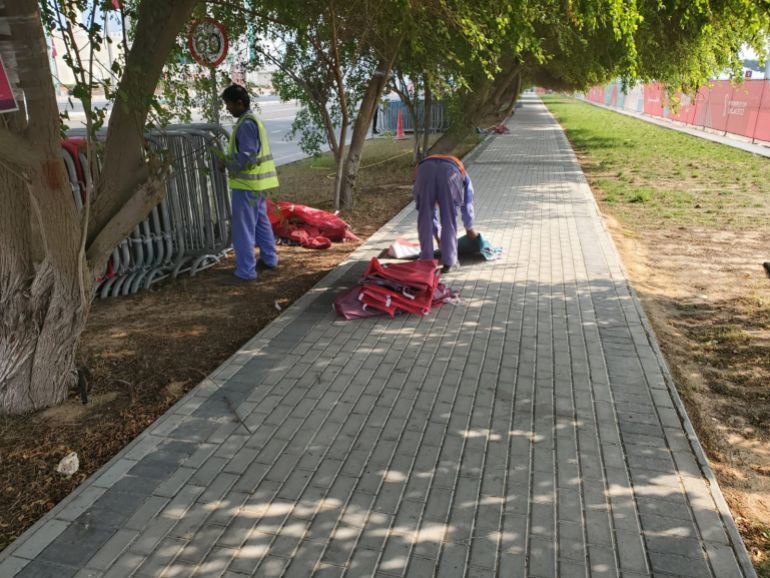 Workers started to remove barricades and World Cup banners near the corniche on Monday
Workers started to remove barricades and World Cup banners near the corniche on Monday
“It will take us some getting used to to the relatively quiet city that we have, because it was always busy … but never chaotic. That was the best part of this event,” Usman, who has been living in Doha for six years, said.
Meeting and interacting with international fans was a highlight of the World Cup for 26-year-old Qatari Nouf al-Subaie.
“I think it’s important to get to know people from other nationalities and be open and exposed to other cultures,” al-Subaie said. “I hope post-World Cup, people continue to visit and that Qatar continues to host international events that can bridge our communities with the rest of the world.”
Despite the World Cup coming to a conclusion, there were “many things” to explore and do in Doha, especially during the winter, Mohammed said.
“It’s certainly quieter,” he quipped. “The World Cup is of course a special occasion and as much as we would love to have these vibes all year long … that’s what makes it special that it’s for a limited period and you have to take it all in while you can.”




